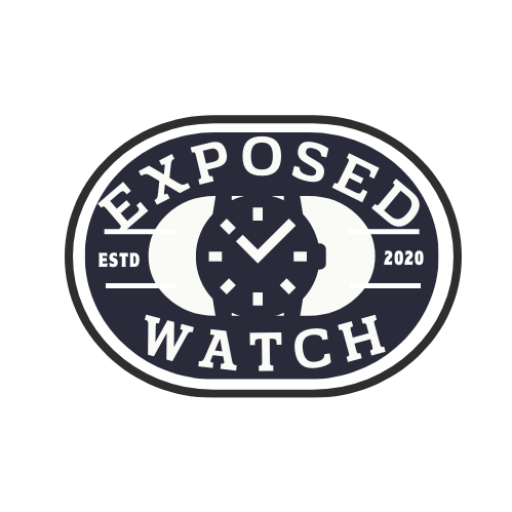How to Know a Private Number

- Understand what “Private” or “Hidden” means
- Quick checks you can try immediately
- Use caller-ID and spam apps (what they can and cannot do)
- Contact your carrier for a trace or enquiry
- When to involve the police or regulatory body
- Avoid “reveal service” scams and illegal tools
- Practical safeguards to protect yourself now
Getting a call from a “Private,” “Unknown” or “No Caller ID” number can be frustrating. Complete anonymity for the caller is often by design, and in many places the only lawful way to identify the caller is through your phone carrier or law enforcement. This guide explains legitimate, safe steps you can take to try to identify a private number and what to do if the calls become abusive. This is How to Know a Private Number
Understand what “Private” or “Hidden” means
When a number shows as Private/Unknown/No Caller ID, the caller has blocked their number from being shared with the recipient. Blocking can be done per call (by dialing a code) or set on the caller’s phone. It’s not the same as a spoofed number — spoofing falsifies the displayed number — but both can hide identity.
Quick checks you can try immediately
Check your call log and voicemail — sometimes callers leave a message or the network temporarily records useful metadata.
Call back only if you feel safe; many private calls won’t allow a direct callback and could connect to an automated service.
Use your phone’s built-in “block unknown callers” feature to stop future anonymous calls (iOS and many Android skins offer this).
Use caller-ID and spam apps (what they can and cannot do)
Apps like caller-ID/spam blockers can identify known spam numbers by comparing incoming calls to large databases. They can’t reliably reveal a deliberately blocked private number, but they often catch repeat offenders or numbers previously reported by other users. Treat results as hints, not definitive ID.
Contact your carrier for a trace or enquiry
Your mobile operator can often see the originating number and network-level details even when your phone displays “Private.” Providers will not reveal this information to customers for privacy reasons, but they can run a trace or investigate harassment if you provide timestamps and evidence. If you’re being threatened or harassed, ask your carrier to initiate a formal trace and to advise on next steps.
When to involve the police or regulatory body
If the private calls are threatening, harassing, or persistent, document times, dates, and any content from voicemails or messages. File a police report and give the officers the call records; police can request the carrier to reveal the origin under legal process. Many countries also have communications regulators that handle nuisance call complaints.
Avoid “reveal service” scams and illegal tools
Websites or apps that promise to “reveal private numbers” often ask for payment and may be scams or operate in legal gray areas. Using hacking tools or attempting to obtain someone’s number illegally can expose you to fraud or legal trouble. Stick to carriers and law enforcement for lawful tracing.
Practical safeguards to protect yourself now
• Enable “block unknown callers” or silence unknown numbers.
• Use a strong voicemail greeting that discourages spam and asks legitimate callers to leave details.
• Register on national “do not call” lists if available.
• Change public privacy settings on social profiles so your phone number isn’t easily scraped.
• Keep records of each unwanted call (screenshot or write date/time and brief content).
FAQs
Q: Can I legally find out who called from a private number by myself?
No — you generally cannot force reveal a private caller yourself. Only your carrier or law enforcement can reliably obtain that information.
Q: Will caller-ID apps reveal a private number?
Usually not. They identify known numbers from databases but cannot break deliberate caller blocking.
Q: What information should I give my carrier or police?
Provide exact dates, times, caller behavior, any voicemail text, and your phone bill records showing the incoming private calls.
Q: Are websites that promise to reveal private numbers legitimate?
Many are scams or unreliable. Avoid paying for “reveal” services; use your carrier or law enforcement instead.
Q: Can I block all private or unknown calls?
Yes — most phones and many carriers offer a setting to block or silence calls from unknown/private numbers.








